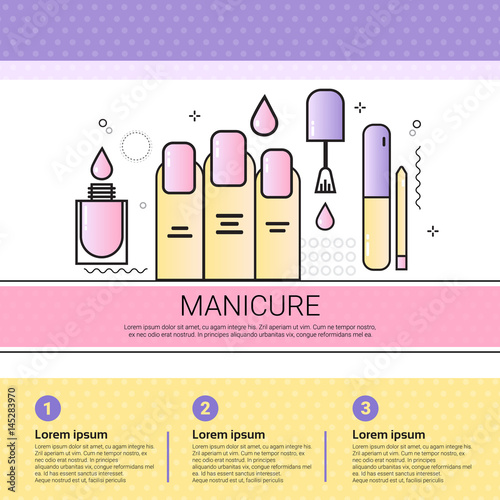How To Effectively Find The Best Sports Massage Therapist
How To Effectively Find The Best Sports Massage Therapist
Blog Article
Combining Yoga and Sports Massage for a Holistic Healing Journey
Whether you’re looking to improve flexibility, reduce stress, enhance circulation or prevent injuries, combining yoga and massage therapy offers a powerful holistic healing journey.
Many questions surround the best way to combine yoga with massage. For example, some forms of massage, such as deep tissue, need downtime to let the body recover; going straight into a yoga class may not be beneficial and could even cause or prolong discomfort or injury.
Increased Flexibility
When massage therapy is combined with yoga, flexibility increases as a result. Yoga poses stretch and lengthen many different muscles, releasing knots in the connective tissue (myofascia) that limit movement. This combination creates a more flexible body that can better withstand the physical demands of any sport or lifestyle activity.
A few studies have shown that sports massage improves strength, but they are all short-term and often compare a hard effort before and after a massage. More realistically, regular massages keep your muscles healthy, which can help prevent injury and improve performance.
When you get a massage, the pressure of the treatment literally moves blood to congested areas, improving circulation. Yoga helps increase circulation as well, bringing more oxygen to the tissues and muscles. Keeping your muscles healthy is the best way to boost strength, endurance and flexibility. In addition, a more flexible body can take on activities you couldn’t do before without experiencing pain or injury.
Reduced Pain
Yoga helps to stretch muscles, improve flexibility and increase core strength. It also aids in reducing stress levels and fostering mental, emotional and physical wellness. Sports massage is another powerful tool to help alleviate pain and speed up recovery from workouts and injury prevention.
When done regularly, both yoga and massage therapy work to help the body maintain its optimal state of health and wellbeing. This is why many yogis and athletes incorporate both of these practices into their wellness routines.
A good time to get a sports massage is the day after a long, hard run or workout as it will help speed recovery for their next training session. Be sure to ask your clients to drink plenty of water after their session as it will help to flush out the toxins from the massaged muscles. Similarly, consuming a light meal afterwards is beneficial as it will help to keep the muscles nourished. Alternatively, doing a yoga session before a massage can increase circulation and allow the therapist to more effectively manipulate the muscles.
Increased Circulation
A key to enhancing athletic performance is ensuring that your muscles have the blood supply needed for oxygen and nutrients. This is why sports massages are often performed after an event or workout to improve circulation and help the body eliminate metabolic waste products.
A sport massage has a lighter touch than a regular massage and may use techniques like effleurage (long gliding strokes) and petrissage (kneading). The goal is to relax the muscles and increase blood flow. It is best done on the day of an event or workout and can be used to prevent post-event soreness and speed recovery for the next session.
A low impact practice like Yoga also enhances circulation, reducing potentially artery-clogging stress hormones. This helps in improving the oxygen uptake and delivery to the brain, and reducing inflammation, allowing for better tissue repair. This is especially important in sports massage for marathon runners injuries involving the joints and connective tissue. In addition, Yoga can help to improve the flexibility of connective tissues, which allows them to move more freely.
Injury Prevention
Many injuries are caused by over-worked muscles, and can be prevented through regular sports massage and a well-rounded recovery plan that includes foam rolling, stretching and resting. The combination of yoga and massage therapy also deepens the mind-body connection, which fosters awareness of physical sensations, emotions and energy flows within the body – and empowers you to take an active role in your own health and wellness journey.
Studies have shown that yoga can help prevent injury by reducing the perception of psychophysical stress in athletes. For example, one study examined a yoga intervention in college soccer players to determine if it could mitigate two significant antecedents of injury (Fatigue and Injury).
In addition to improving your range of motion, flexibility and overall health, sports massage can prevent future injuries by increasing circulation and promoting relaxation. It is recommended to incorporate sports massage into your routine as often as possible – whether you are a competitive athlete working towards a new PB or just looking to improve your posture and ease aches and pains from everyday life.